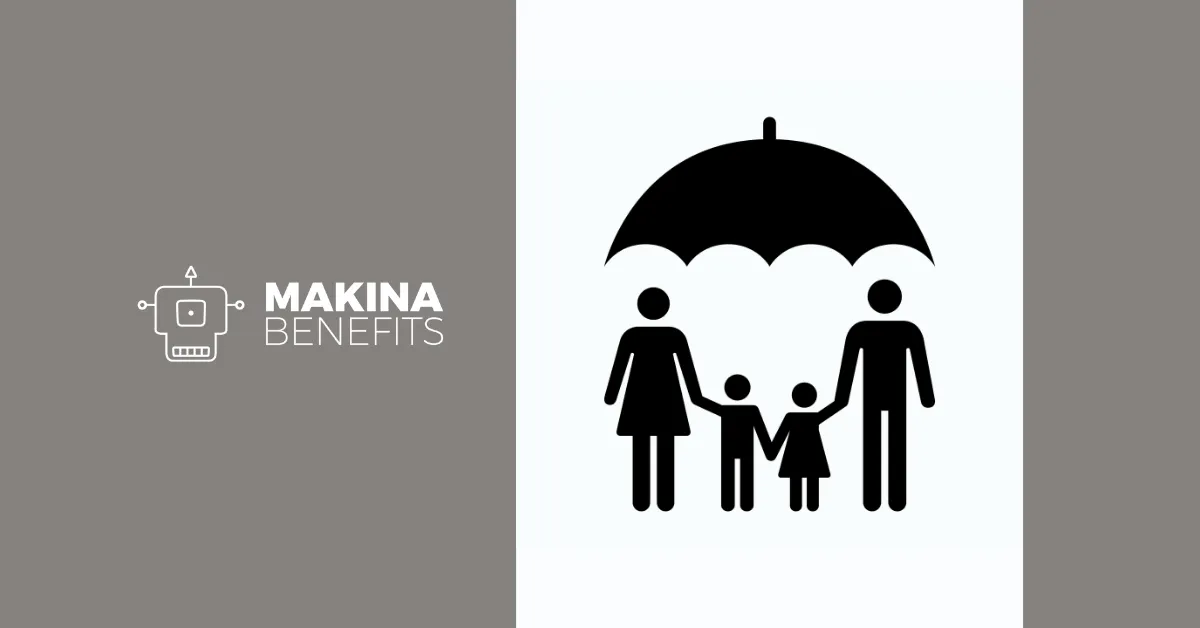The health insurance industry can be confusing with lots of jargon that you may have heard before but never fully understood. You are certainly not alone!
Knowing these health insurance terms can help you better understand the insurance coverage you already have and can help you when deciding on a health insurance plan during your next open enrollment period. We put together a must-see list of some common health insurance terms that we think everyone should know. Read through it now or use this guide anytime you're unsure how a health insurance term relates to you.
Copays
This is a fixed out-of-pocket amount for services covered by your insurance. This is a specific dollar amount (as opposed to a percentage) you pay at the time of service, whether that's at a doctors' office after an appointment or you're paying for covered prescriptions. Not all medical services require a copay. You may not have a copay for annual physicals or yearly checkups. If you are using a service that isn't covered or you're seeing a physician that's out of your network, your copay may be significantly more.
Premiums
A premium is what you pay for your health insurance. This will change based on the insurance company you work with and the plan you're enrolled in. This is what you pay to keep your insurance coverage, like a bill.
Deductibles
A deductible is a set amount of money you have to pay out-of-pocket for healthcare services before your insurance company starts to pay for any service. The amount you have to pay varies depending on the health plan you have. There are some situations when even after you meet your deductible, you may have to pay some healthcare costs, like coinsurance payments.
Claims
A claim is a formal request from you to your insurance company for compensation or validation of coverage. Your insurance company can either approve or deny the claim. If they approve the claim, they will issue payment to you or the company that needs to be compensated.
Coinsurance
Coinsurance is the amount (generally a fixed percentage) that you have to pay on your claim after you meet your deductible. But you aren't responsible for 100% of the costs you incur. The most common breakdown is 80/20, with you being responsible for 20% of the medical costs and your insurance being responsible for the remaining 80%.
Out-of-Pocket Maximum
Your out-of-pocket maximum is the most that you will pay for a given year of services covered by your insurance company. This includes what you spend to reach your deductible and what you spend on additional covered costs – your coinsurance.
High-Deductible Health Plan
A high-deductible health plan (or HDHP) is an insurance plan that has a high deductible (usually four figures). While an HDHP usually has a higher deductible than most other health plans, it also has a lower monthly premium. So, while you have to pay more before you hit your deductible, your monthly payments are lower.
Health Savings Plan
A Health Savings Account (or HSA) is a savings account created for you if you have a high-deductible health plan (HDHP). You or your employer can make regular contributions to your HSA to help pay for your higher deductible. You can only use the funds in that account for qualified medical expenses. One benefit is that the funds in an HSA are not taxable.
Preferred Provider Organization Plan
A Preferred Provider Organization Plan (or PPO) is a type of health insurance plan. The healthcare providers and facilities that are part of the PPO offer services to you at a reduced rate. This allows you to have the maximum benefits when you see this in-network care provider and lets you see a wider range of providers but can be more expensive than other health plans.
Health Maintenance Organization
A Health Maintenance Organization (or HMO) is a network that provides health insurance coverage for a regular fee. With an HMO, you're limited to seeing medical care providers within that network. Having an HMO may lower your premiums, but there are more limits to the doctors and care physicians in your network. And before you see any type of specialized doctor, your primary care physicians must provide a referral.
Group Health Insurance
Group health insurance plans cover a group, generally employees of a company. The members of the group who elect to use this option receive insurance at a reduced cost as the insurance company's risk is spread across the whole group. You and your employers split the cost of your premium.
We hope this helped provide some clarity to your next insurance decision during open enrollment. If you have questions about how this affects you or you need more information about health insurance, contact our team today. We'll help clear up any other questions and get you feeling more confident about your next insurance decision.

